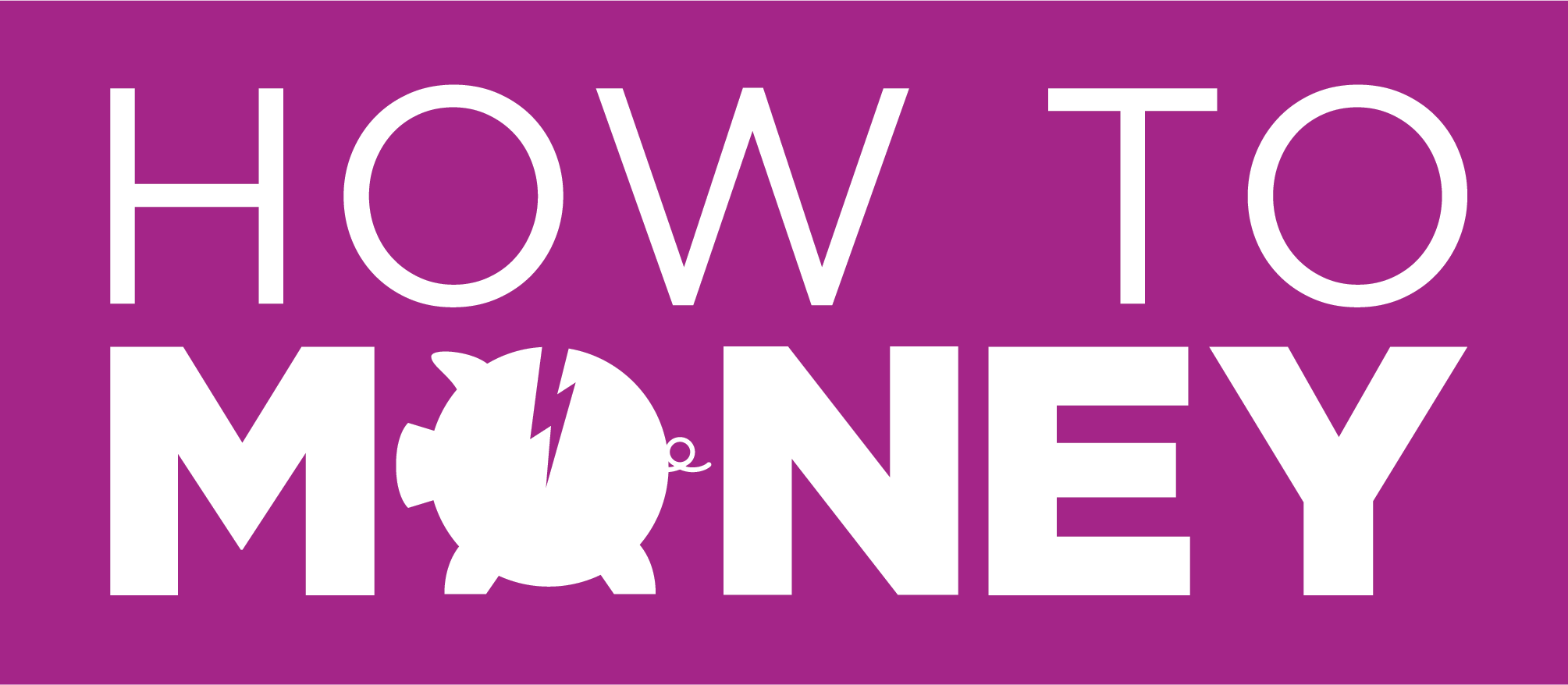
The Reality of Financial Counselling in Australia
Do you know that in Australia we have a fantastic service called the National Debt Helpline (NDH), which provides you with direct access to free and confidential assistance from financial counsellors?
It’s a supportive resource that I want to bring more attention to, as they’re able to help you with everything from sorting out a budget when you leave home for the first time to sorting out debts of all shapes and sizes. After having spoken to one of the wonderful financial counsellors a few weeks ago, I was amazed at how knowledgeable they are on banking and credit laws and how many avenues they have to advocate on your behalf.
To demystify the NDH and the role of financial counsellors a little further, I’ve asked the team to shed some light on exactly how many calls the NDH receives and what happens on a typical call to the helpline.
How Many People Call The National Debt Helpline Each Year?
This year, the NDH has received almost 100,000 calls (98,649 specifically).
Since its launch in 2011, it has had over 1.25 million calls.
According to Financial Counselling Australia Communications Advisor, Georgia Lenton-Williams, “the number of calls has not increased yet. This may seem surprising, but it actually shows that all the current assistance measures (JobSeeker, JobKeeper, mortgage deferrals and other hardship arrangements) are working well to keep people in a holding pattern. Pre-covid, many of our clients were people struggling with debt and bills while trying to live off Newstart — it simply wasn’t enough.
Our website is a different story though. Traffic to the National Debt Helpline website — www.ndh.org.au — continues to grow. There was a total of 318,108 visits and 667,017 page views during the 2019–20 financial year. These figures are significantly higher than those of the previous year, which saw 223,613 visits and 445,713 page views.”
What Happens During a Typical Call to the National Debt Helpline?
When people contact the National Debt Helpline on 1800 007 007, a financial counsellor from their own state or territory will help them with their issues. In some areas, live chat is available on ndh.org.au during normal business hours.
Sometimes, financial counsellors will refer people to various other helpful resources, like mental health support, emergency food relief, legal advice… If a person needs more help, a National Debt Helpline financial counsellor will refer people to a face-to-face meeting with a local financial counsellor.
Here’s what financial counsellor Nick Georgiou has to say:
“The types of issues people call us about vary greatly; it may be concerns about how to pay their next energy bill or rent payment, it may be that they are struggling with multiple debts in the face of reduced income or lost employment, it may be that they are struggling with gambling issues, or that they have just escaped domestic violence, or that they are concerned about losing their home and being homeless because they are so far behind in their rent or their mortgage payments. Each caller has their own unique situation and so the conversation we have with each person will be different.
Typically, during our conversation we will get an understanding of their issue, and what is important to them in trying to resolve it. We can offer current and reliable information relevant to them, offer guidance on some practical steps they can take to address their immediate concerns, and if their situation requires it, we can put them in touch with a free local financial counselling service or legal service to advocate and negotiate an outcome on their behalf.
In this regard, the National Debt Helpline is similar to a GP office; If you have any issues related to your financial health, have any questions and concerns, we are able to identify the key issues when you call us and if we can’t give you the solutions required during the phone call, we can refer you to local specialists who can.”
Getting Help From Financial Counsellors

I also asked financial counsellor Nick Georgiou, about some situations where people have called for advice and how he worked with them to resolve them.
“A couple of calls that come to mind; recently had a caller who had lost their job due to the COVID pandemic and was left with a couple of high balance credit cards that were almost at their limits. The interest alone on the two cards was around $600 per month.
When this person was employed, they were managing the cards ok, not great, but there was a way out. With their income reduced to JobSeeker, they felt like the interest bill was snowballing their debt. This was on top of trying to pay their rent and other living expenses with a greatly reduced income.
We can let people in these situations know they have options. In this case those options were reducing interest and payments on the cards to zero for a reasonable time to allow them time to seek new employment and increase their income while also being able to meet their basic living expenses with greatly reduced stress.
We were able to connect that caller with a local financial counselling agency to assist them in negotiating those terms, as well as connect them with a mental health phone counselling agency to give them access to some free additional support for their wellbeing in a challenging time.”
I hope this has given you a small bit of insight to the role financial counsellors play and what happens if you need to call the National Debt Helpline on 1800 007 007.
Kate — HTM Editor & Host
Want to learn more about money and personal finance? Check out our article archive, the How To Money Podcast and the Australian Finance Podcast. Catch us on Twitter @HowToMoneyAUS and Instagram on @HowToMoneyAUS.
Important Information
The information on this blog and website is of a general and educational nature only. It does not take into account your individual financial situation, objectives or needs. You should consider your own financial position and requirements before making a decision, as we are not an advisory service. We recommend you consult a licensed financial adviser in order to assist you. The information is based on assumptions or market conditions which can change without notice, and this will impact the accuracy of the information provided. This website and blog occasionally provide links to third-party sites, aimed at helping you gather the information required to make an informed decision — we may receive payment for these referrals.






